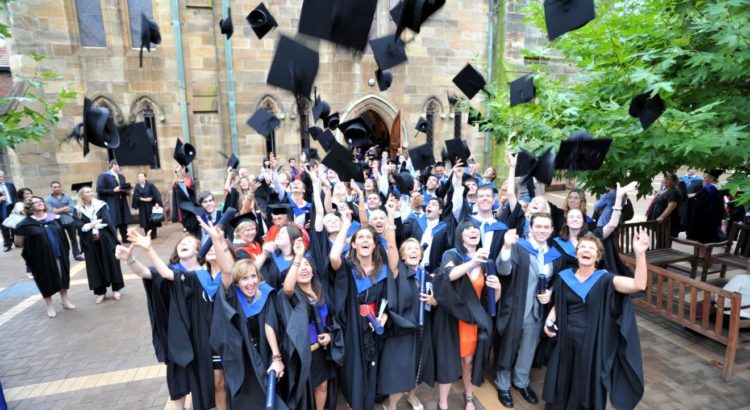Matthew Lynch
Resumen:
La inteligencia artificial (AI) está cambiando el panorama de la educación superior. Según el Dr. Keng Siau , la inteligencia artificial «realizará una serie de tareas generales con conciencia, sensibilidad e inteligencia». Eso podría significar que la educación superior ya no sea el camino hacia una carrera profesional. Los títulos universitarios siempre han llevado a carreras profesionales; AI puede cambiar ese camino y ofrecer nuevas formas de aprendizaje. En última instancia, AI cambiará la forma en que las universidades se han acercado a la educación. La inteligencia artificial interrumpirá la educación superior; no hay dudas de eso. Ya AI ha estado asumiendo algunas de las tareas más básicas en la academia, como la clasificación, el análisis de datos y la búsqueda de correlaciones. Hasta ahora, estas tareas automáticas han sido dentro de un único sistema universitario, pero no hay razón para creer que AI continuará funcionando en el aislamiento de la torre de marfil.AI conectará la academia con otras industrias, realizando elaborados procesos cognitivos que buscan conexiones entre una variedad de campos. La interrupción describe un cambio abrupto en un proceso. El resultado puede o no ser mejor.La transformación, por otro lado, tiene la connotación de un enfoque más bien pensado, como un cambio que gradualmente evoluciona hacia algo mejor. El cambio nunca es fácil para nadie, pero las universidades que eligen no cambiar pueden quedar atrás. Las universidades tienen la oportunidad de transformar prácticas y adoptar nueva tecnología de inteligencia artificial.
Artificial intelligence (AI) is changing the landscape of higher education.
According to Dr. Keng Siau, artificial intelligence will “perform an array of general tasks with consciousness, sentience and intelligence.” That could mean that higher education may no longer be the path to a professional career.
University degrees have always led to professional careers; AI may change that path and offer new forms of learning. Ultimately, AI will change the way colleges have approached education.
Complex data and collaboration
Artificial intelligence will disrupt higher education; there’s no doubt of that. Already AI has been assuming some of the more basics tasks in academia, such as grading, data analysis and seeking correlations.
So far these automatic tasks have been within a single university system, but there’s no reason to believe that AI will continue to function in the isolation of the ivory tower. AI will connect academia to other industries, performing elaborate cognitive processes that search for connections between a variety of fields.
Think transformation, not disruption
Disruption describes an abrupt change in a process. The result may or may not be better. Transformation, on the other hand, has the connotation of a more well-thought- out approach, like a change that gradually evolves into something better.
Change is never easy for anyone, but universities who choose not change may be left behind.
Universities have an opportunity to transform practices and adopt new artificial intelligence technology.
Global reach
With students more interested in personalized learning, AI has the potential to provideincreased opportunities for learning to more students at one time. Made possible through adaptive learning, these new systems meet students at their last point in the learning continuum and take them forward.
Artificial intelligence can do more for a larger student population. Professors may already have two and three hundred students in a classroom, but they are not able to reach every student and meet his or her personal needs the way an AI adaptive learning program like ALEKS or a personalized program like Udemy can do.
Changing skill sets
AI won’t likely replace the instructional practices in higher ed, but it will redefine the way students learn. Expect a blended learning model that seamlessly integrates input from AI and professors.
That will change faculty skill sets, allowing more time for research and AI begins to take over the more banal tasks of classroom instruction.
Will artificial intelligence disrupt higher education? The answer is yes, and that’s a good thing. The disruption will force the acceleration of our cognitive thinking skills as we strive to stay ahead of the advance in AI.
Fuente: https://www.ei-ie.org/en/detail/15723/algerian-unions-work-towards-increased-gender-equality






 Users Today : 71
Users Today : 71 Total Users : 35459977
Total Users : 35459977 Views Today : 95
Views Today : 95 Total views : 3418560
Total views : 3418560